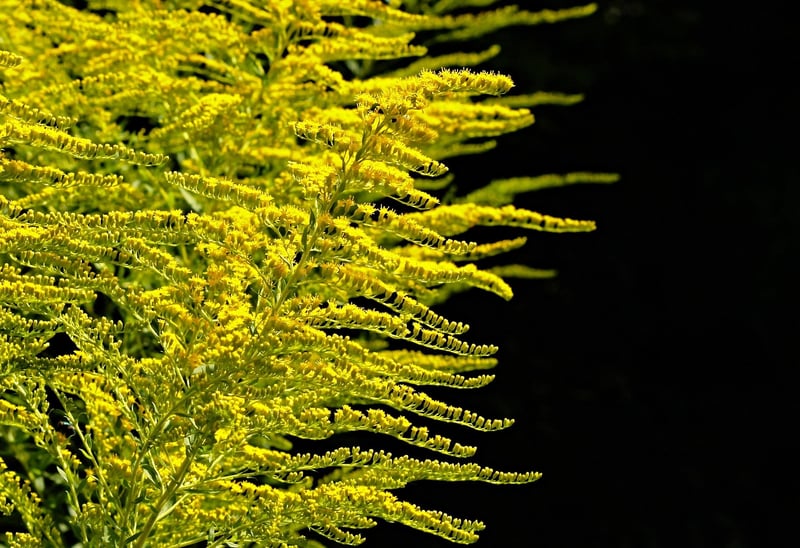Pollinator-friendly plants
Urban Beekeeping: A Guide to Keeping Bees in the City
Urban beekeeping is a growing trend that not only benefits the environment but also provides city dwellers with the opportunity to connect with nature and support pollinator populations. If you're considering keeping bees in the city, here's a comprehensive guide to help you get started.
The Benefits of Urban Beekeeping
Keeping bees in urban areas can have numerous benefits:
- Supports pollinator populations
- Increases urban biodiversity
- Produces fresh, local honey
- Provides a deeper connection to nature
- Offers educational opportunities for the community
Getting Started with Urban Beekeeping
Before setting up your beehive, here are some essential steps to consider:
- Check local regulations and obtain any necessary permits
- Choose the right location for your hive (preferably in a sunny spot with access to water)
- Invest in the necessary equipment, including protective gear and hive tools
- Buy or build your beehive
- Acquire bees from a reputable source
Pollinator-Friendly Plants for Urban Gardens
Creating a pollinator-friendly garden is essential for supporting bee populations. Here are some plants that are perfect for urban gardens:
- Lavender
- Sunflowers
- Wildflowers
- Bee balm
- Herbs like mint, rosemary, and thyme
- Coneflowers
By planting these pollinator-friendly plants, you can create a thriving ecosystem for bees and other beneficial insects right in your own backyard.

Whether you're a seasoned beekeeper or just starting, urban beekeeping is a rewarding and environmentally impactful hobby. By supporting pollinator populations and creating bee-friendly spaces in the city, you can make a positive difference for these essential insects.
Remember, before embarking on your urban beekeeping journey, always prioritize the well-being of the bees and educate yourself on best practices for their care. Happy beekeeping!
